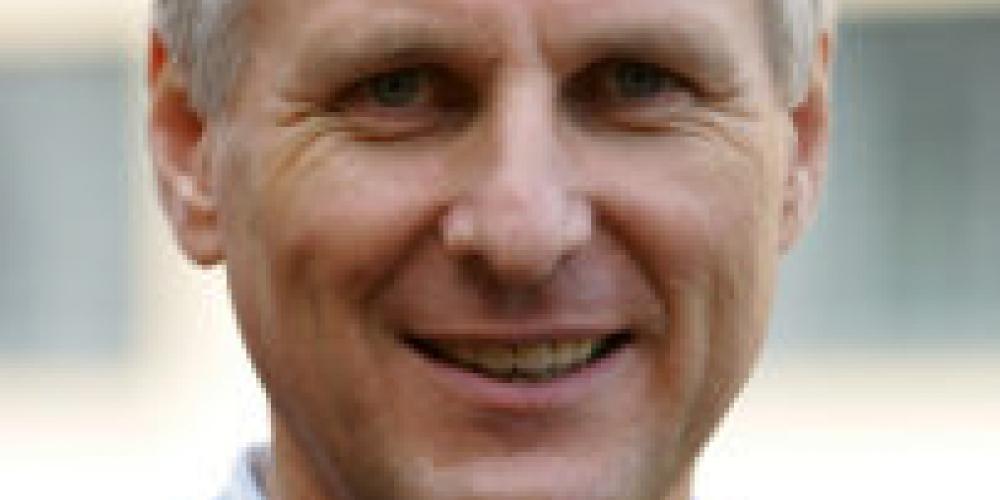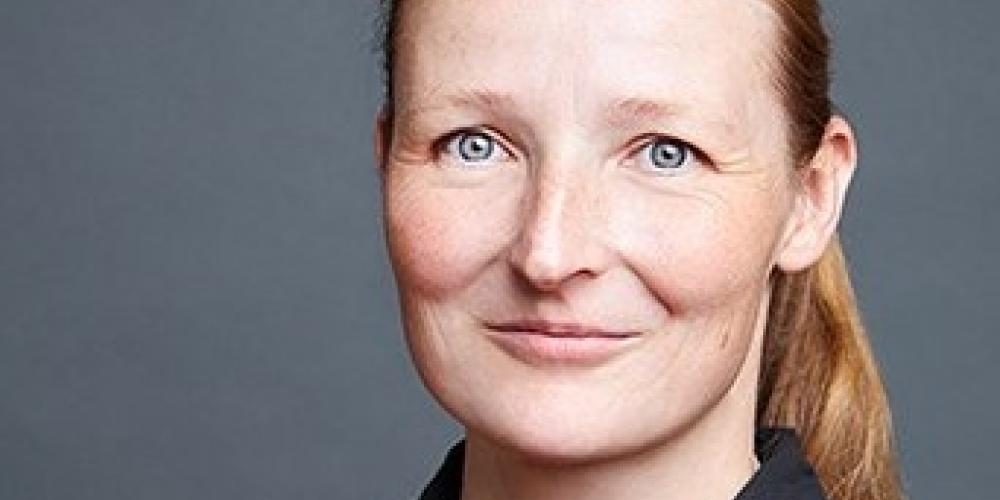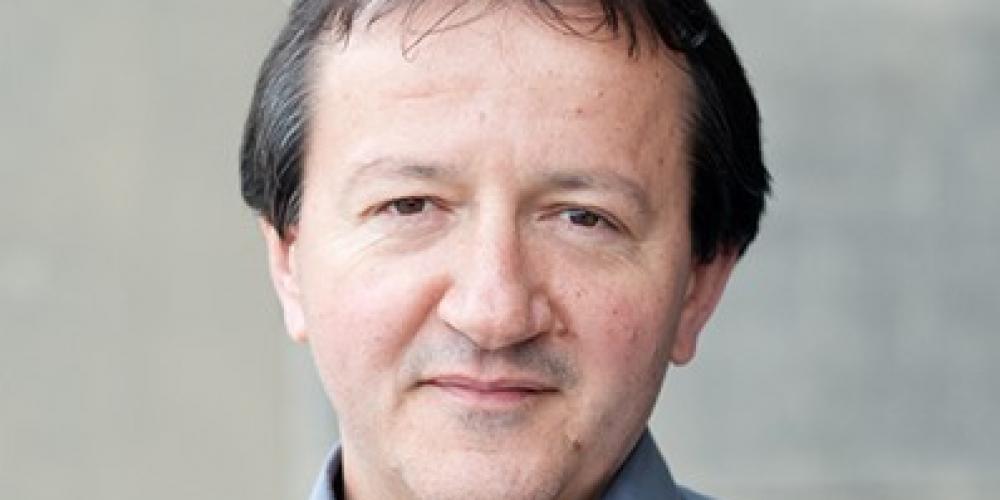Rehabilitation
Prof. Winter’s research is focused on animal behaviour, especially cognitive performance, e.g. learning ability, memory and their neurobiological foundation for foraging. He carries out behavioural assessments for mice and rats, mostly for preclinical research, to investigate decision-making processes in animals. Lab space is available, inter alia at the Berlin Mouse Clinic for Neurology and Psychiatry (BMC), one of the leading diagnostic institutions within the NeuroCure Cluster of Excellence. Prof. Winter and his team also advise on experimental design and develop automated equipment and systems for behavioural studies on rodents for external laboratories. Another area of his expertise is virtual reality for humans. Here Prof. Winter focuses on the development of a compact, mobile, and immersive virtual reality environment for a wide range of uses.
Behavioural analysis:
- Computer controlled sensor and actuator systems for manipulation and measuring of behaviour
- Modular software system for automated measuring of behaviour
- RFID technology
Virtual reality:
- Immersive 3D-virtual reality system with closed monitoring (octagon)
- Software for rapid implementation of specific VR-applications and interaction scenarios
- Planning and development of a system for automated diagnostics of parameters for motor skills after clinical surgery for a large international pharmaceutical group. 24h recording and measurement as operator independent system.
Olympic Centre Berlin (Olympiastützpunkt Berlin)
Professor Legerlotz is head of the Movement Biomechanics research group in the Department of Training and Movement Sciences. The research team focuses on different aspects of tendon adaptation. This includes the adaptation of connective tissues to strain in general and also the emergence, rehabilitation and prevention of tendon injuries in particular. Current research analyses the effect of changing hormone levels on the mechanical properties of the female tendon and training interventions that are used to treat athletes with tendinopathy.
The departments offers three large laboratories with modern sports science equipment:
- Motion Analysis Laboratory with a VICON system including twelve cameras and three AMTI force plates. Both the foundations of the force platforms as well as the camera mounts are decoupled from the sports ground of the laboratory to prevent the transmission of vibrations.
- Force Diagnostic Laboratory with DAVID and Technogym strength diagnostics equipment for all major muscle groups
- EMG laboratory with a Biodex System-3 and an Esaote ultrasound machine, which is used to study the muscle-tendon plasticity. To control the joint angle at the Biodex camera, mounts are available for installing eight VICON cameras. A large LCD-Screen provides the possibility for biofeedback.
All labs are air-conditioned and are equipped with an uninterruptible power supply and complete darkening.
Various projects with Olympic Centre Berlin (Olympiastützpunkt Berlin), from training adaptation to injury prophylaxis
zebris Medical GmbH, myon AG, Simi Reality Motion Systems GmbH
Prof. Arampatzis and his Department of Training and Movement Sciences are dealing with the interaction of the neural and musculoskeletal system in research and teaching. Of special interest for Prof. Arampatzis is the adaptation of the neural and musculoskeletal system by mechanical stress and its influence on human performance as well as motor control and motion security. Through an integrative approach of biomechanics, physiology and neuroscience, consequences for athletes and for people with degenerative changes of the neural and musculosceletal systems will be deduced. The main research focus of the department is on quantifying and changing the neuro-biomechanical potential of humans and on the investigation of its influence on the mobility in everyday life and sports. Considering this, the department also investigates the role of sports activities in order to prevent accidents and to preserve the quality of life for the elderly and people with chronic diseases.
The departments offers three large laboratories with modern sports science equipment:
- Motion Analysis Laboratory with a VICON system including twelve cameras and three AMTI force plates. Both the foundations of the force platforms as well as the camera mounts are decoupled from the sports ground of the laboratory to prevent the transmission of vibrations.
- Force Diagnostic Laboratory with DAVID and Technogym strength diagnostics equipment for all major muscle groups
- EMG laboratory with a Biodex System-3 and an Esaote ultrasound machine, which is used to study the muscle-tendon plasticity. To control the joint angle at the Biodex camera, mounts are available for installing eight VICON cameras. A large LCD-Screen provides the possibility for biofeedback. All labs are air-conditioned and are equipped with an uninterruptible power supply and complete darkening.
- zebris Medical GmbH: evaluation of pressure distribution measurements in treadmills
- myon AG: evaluation of a wireless electromyography system aiming to quantify muscle activation
- Simi Reality Motion Systems GmbH: evaluation of a 3D motion capture system designed to analyse complex human movements


